Time Travel With the 22 finest Iranian museums: Iran’s best museums
You may want to construct a time machine to go back in time and fully and personally explore Iranian civilization, history and culture. There is no need for a time machine! Visits to Iranian museums are sufficient to fully understand this country’s history and culture.
Museum of Contemporary Arts
There is no doubt that you will enjoy this museum if you enjoy art. Even if you have little interest in art, viewing the creations of famous artists like Picasso, Sohrab sepehri, Magritte, Renoir, pollock, and others will persuade you to visit one of Iran’s top museums.
The incredible architecture of this museum combines tradition and modernity and is inspired by Iranian windmills in a modern style.
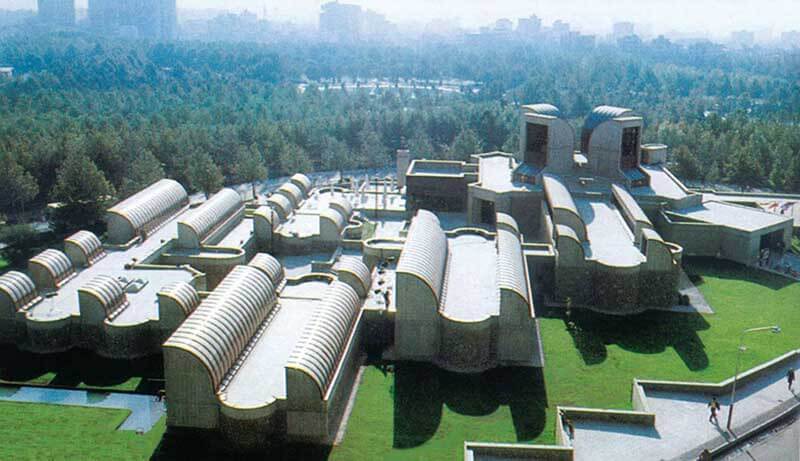
Golestan Palace Museum; Keeping up with contemporary political events
The more than four centuries-old Golestan Palace has consistently taken centre stage in Iran’s current political affairs. This palace’s fame is also because numerous Iranian rulers have made it their official abode.
The primary structure of Golestan Palace was built in the Zandiyeh period, but in this large complex, there are buildings such as the Sultan’s Palace, which dates back to the Safavid and Shah Abbas periods.
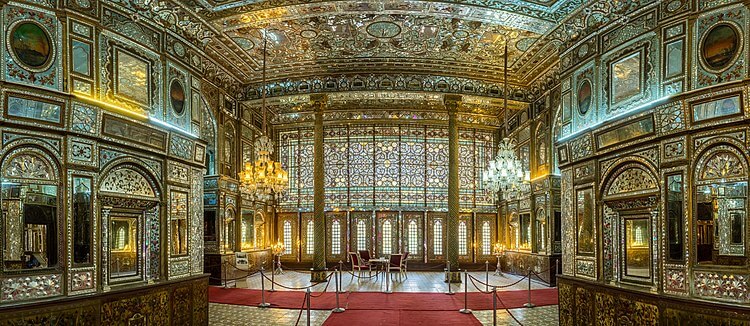
saadabad Palace; Kolah pahlavi (Pahlavi hat)
Qajar kings used Saad Abad Palace as a summer residence, but with the beginning of the Pahlavi dynasty, this palace expanded, and many buildings and palaces were built.
Saad Abad Palace is not just a museum palace but consists of several palaces and museums, each of which is enjoyable to watch. The Museum of Royal Weapons, the Museum of Royal Dishes, the Museum of Master Farshchian, and the Museum of Omidvar Brothers, where you can see the results of their travels (photos, videos, objects and accessories) to America, Australia, and Africa, etc. That is why we included it in the list of the best museums in Iran.
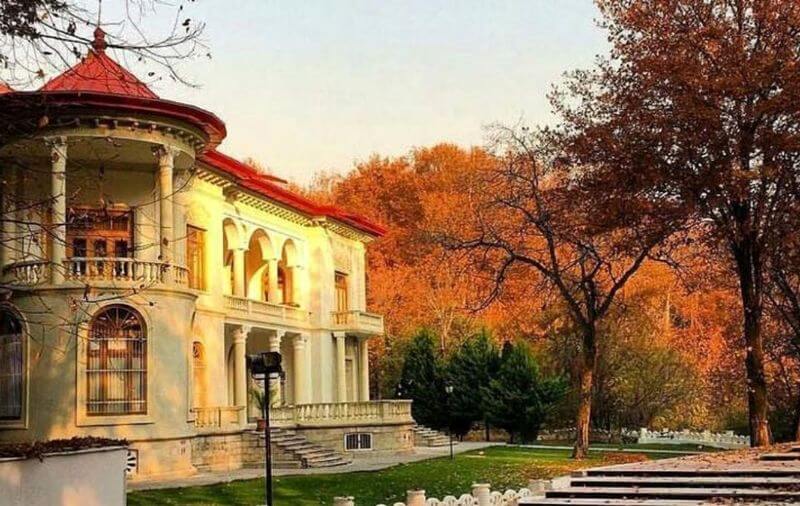
Garden of the Holy Defense Museum; Celebrating the country’s heroes.
In order not to forget the epics made by Iranian youth during the eight years of Holy Defense, the garden of the Holy Defense Museum was built in 2009 in Abbas Abad, Tehran, with an area of nearly 220,000 square meters, and now it is known as the largest museum in the Islamic world. This museum consists of different parts, such as the artificial lake, the garden, the seven halls, the resistance lobby, etc.
One of the seven halls of this museum is the Hall of Butterflies, where you can watch live the events of the Holy Defense era and get to know the generals of this era. To honour the martyrs and commanders of the holy defence period, this hall was named Butterfly Hall.
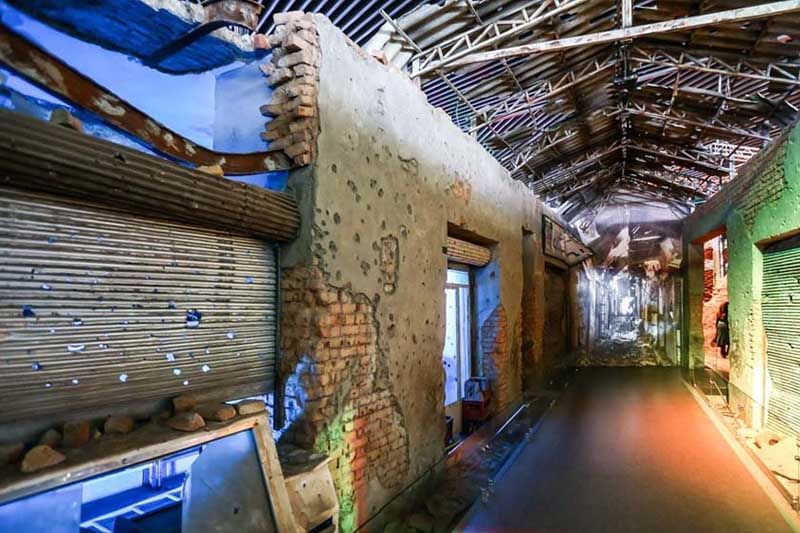
Glassware Museum; Sea of Ceramic and glass
The Museum of Glassware and Ceramics is one of the best museums in Iran, which is visited by many Iranian and foreign tourists every year. This museum works exclusively in the field of Ceramic and glass.
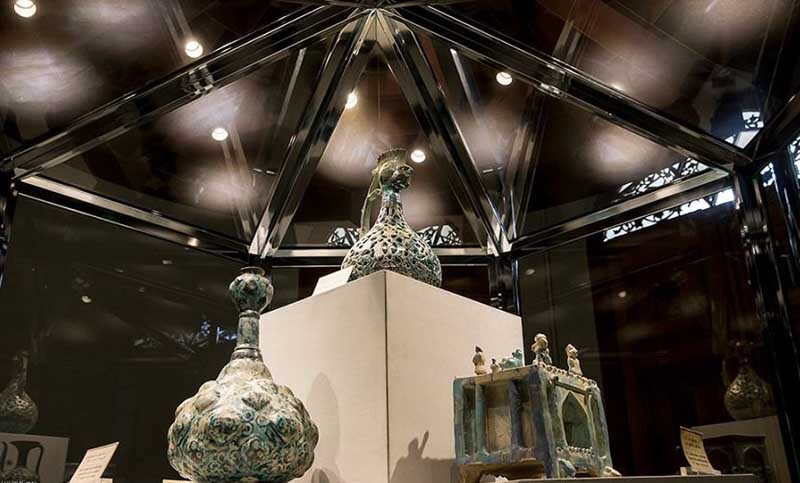
Niavaran Palace; Traveling with the Pahlavi II family
Think of it; you live in a palace where you can remove the roof whenever you want and enjoy the view of the sky! Niavaran Palace provided this fantastic feature to its residents.
The old kings did not spare anything for their family’s well-being, especially Pahlavi II, who had this palace for his family.
Niavaran Private Palace, Sahibqraniyeh Palace, Jahan Nama Museum, the garden of Inscriptions, the exclusive Car Museum, Ahmadshahi Pavilion and Royal Library Museum are the different parts of this palace that you can experience the pleasure of walking and watching.

National Museum of Iran; The oldest museum in Iran
The National Museum of Iran was established in 1933 as the first and oldest modern museum in Iran. The collection of the National Museum of Iran consists of two museums of Ancient Iran and the Museum of Archeology and Islamic Art of Iran.
The building of the Museum of Ancient Iran was designed by a great French architect named Andre Godard, inspired by the Taq Kasra (kasra arch), and master Murad Tabrizi and Abbas Ali Memar undertook its implementation and construction.
Today, more than 80 years have passed since the construction of this museum; the building of the National Museum of Iran itself is considered an essential artistic-historical work in the contemporary history of Iran.
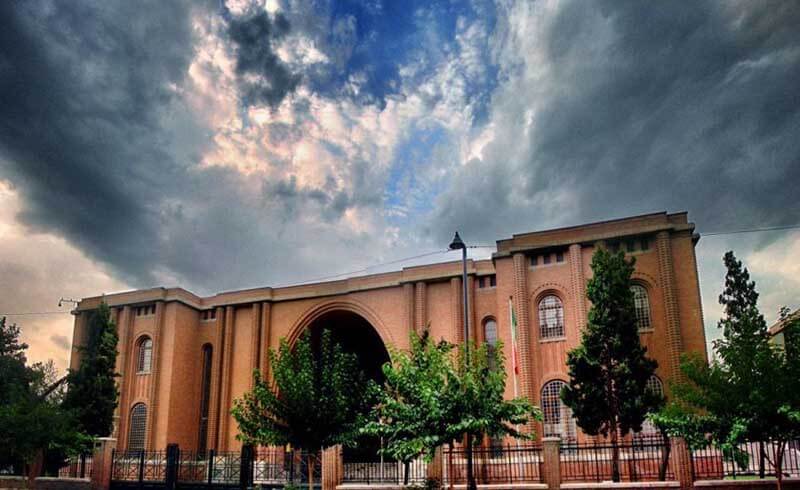
The Museum of Ancient Iran is one of the two museums before the history of Iran, that is, from the Paleolithic era (the oldest human era) to the end of the fourth millennium BC (before the invention of writing) and the Museum of the Historical Era, that is, from the end of the fourth millennium BC to the last days. The Sassanid dynasty is formed.
National jewellery Museum; Nadershah’s sea of light!
The constitutional revolution laid the foundation for many events in Iran. After the constitutional process, Mohammad Ali Shah Qajar fled to the Russian embassy with many Iranian royal jewels, including Darya-i- Noor (sea of light), and became a refugee! However, with the actions of the revolutionaries, some of those jewels, especially the large and valuable Darya Noor diamond, returned to Golestan Palace and were taken from them. Of course, the detailed list of national jewels was prepared in 1937 with the establishment of the National Bank and all these jewels were transferred to the treasury of the National Bank.
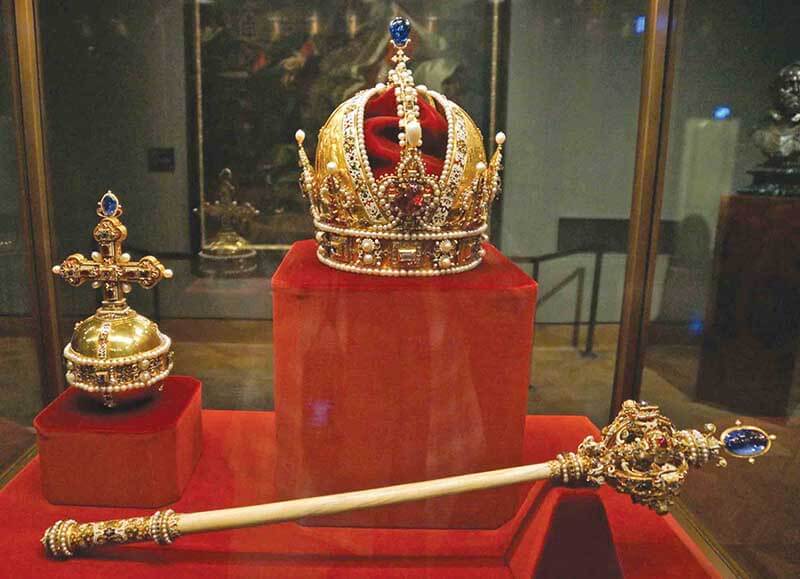
The National Jewelry Museum is one of the most attractive and best museums in Iran, and it has jewels such as Darya-i- Noor Diamond, the Pahlavi crown, and Sun Throne, Nader Shah Jiqa, the globe of jewels, Farah Pahlavi’s crown, etc.

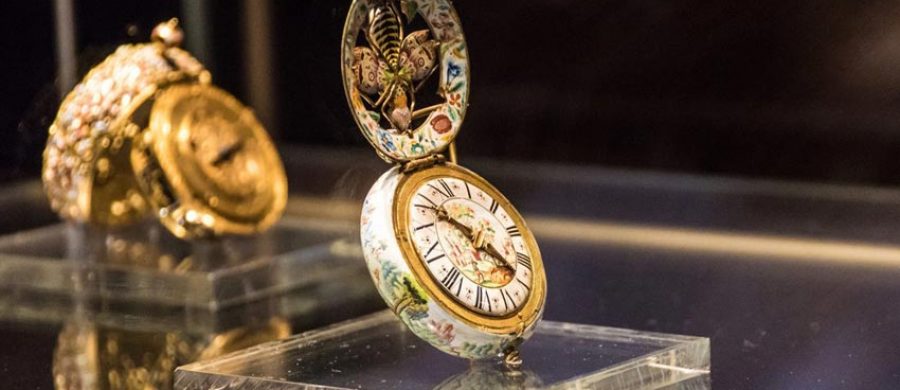

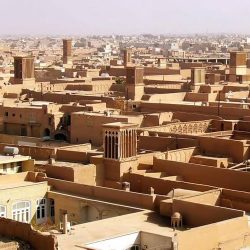


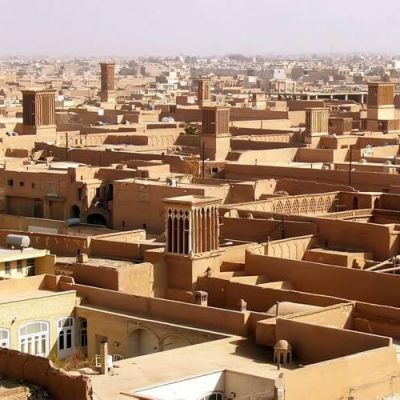
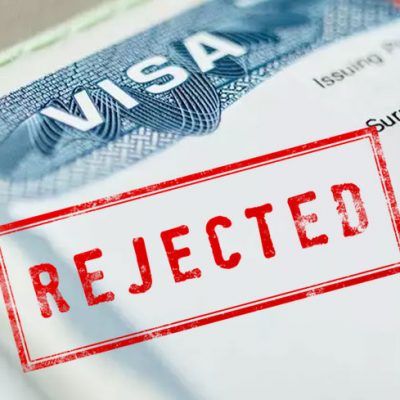
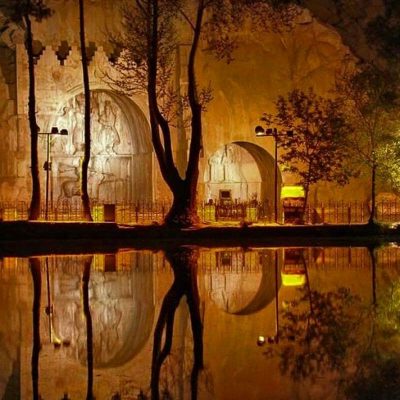
Post Discussion